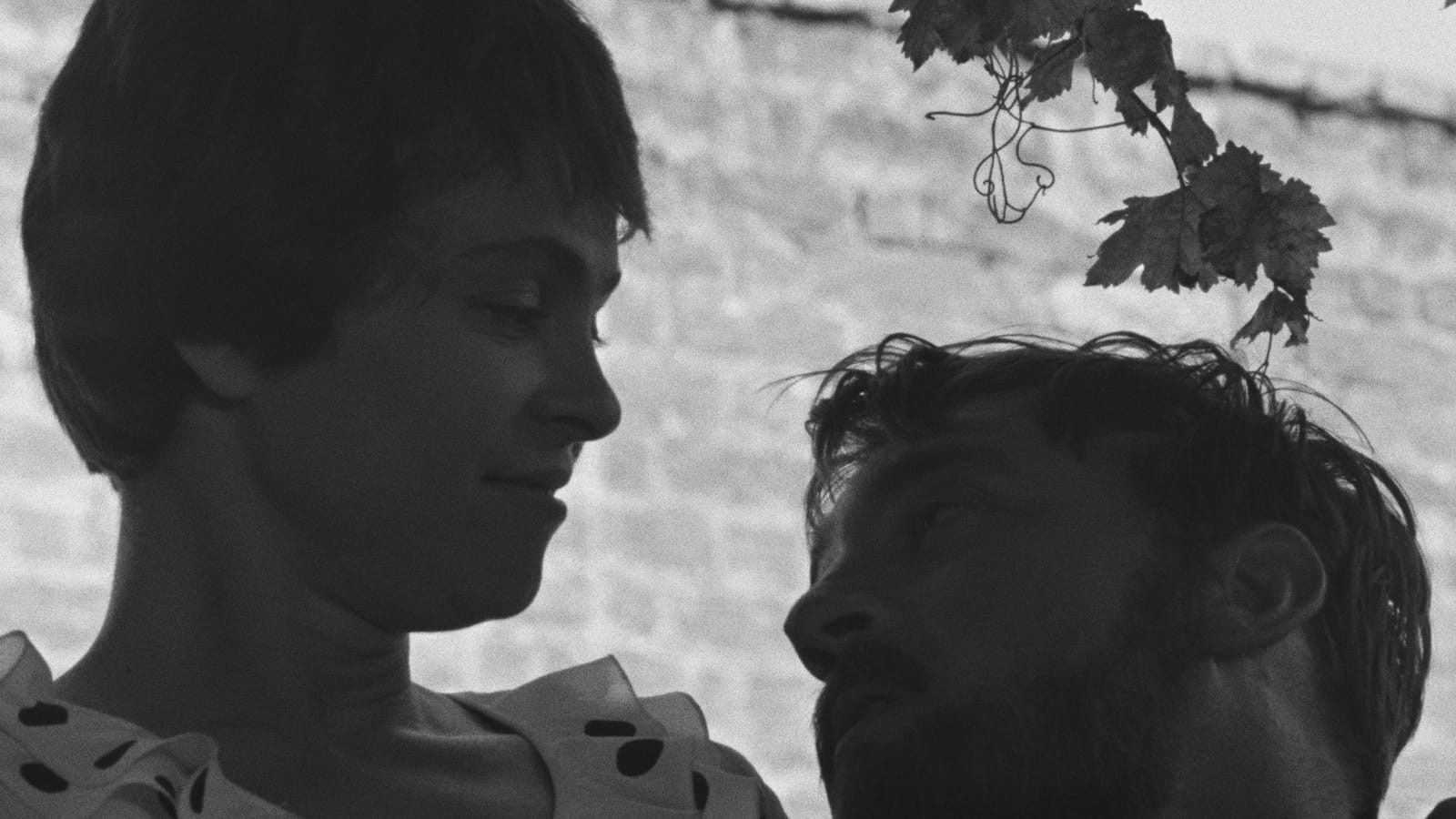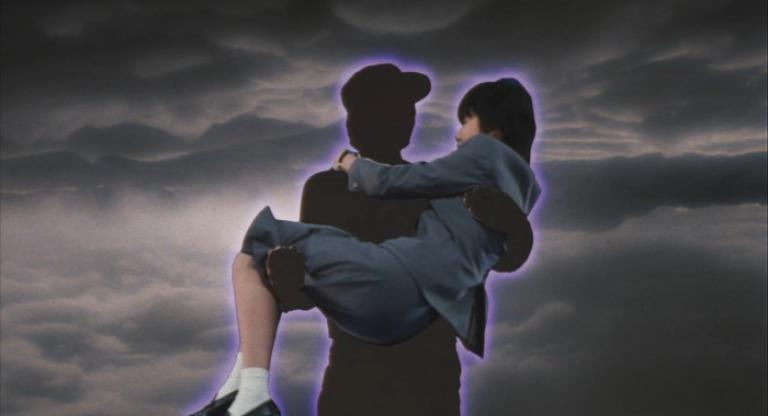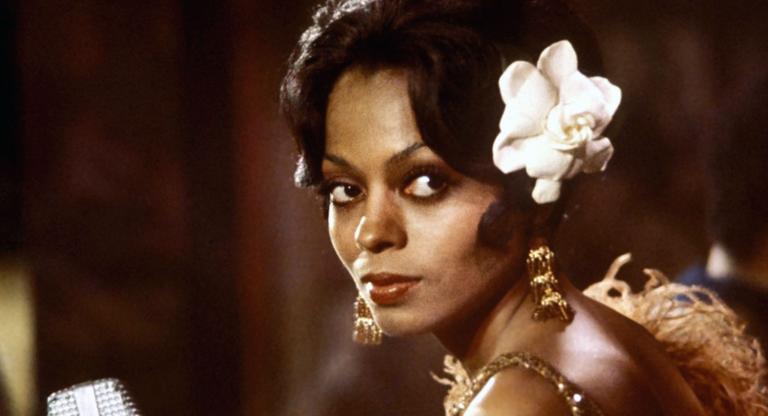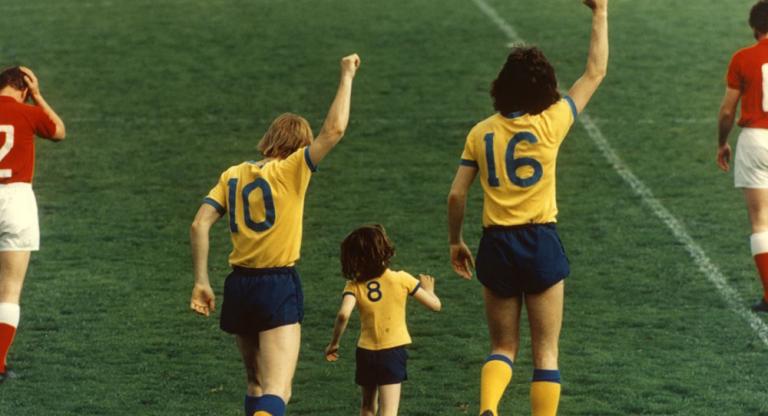Kira Muratova’s Brief Encounters (1967) opens with a woman at home, going through a presumably nightly ritual of self-talk, one likely familiar to those of us in possession of a solitary domestic life. Briefly, her thoughts are governed by the sheer volume and mundanity of the tasks at hand, but then her focus snags on herself: “Why do you complain? You always complain.” She argues with an invisible person: “Can’t I complain to myself?” She decides not to do the dishes, singing softly, “I don’t care, I don’t care.”
This is the private life as it really looks and sounds—irresolute and circumambulating, imbued with a range of emotional weather. That such a film was shelved by Soviet censors may surprise a contemporary Western audience. “My films are not polemics,” Muratova said. And yet, "Every time, they would say to me, 'As a whole, it won’t work. There are allusions, excesses, associations of ideas.' Nothing concrete. But in fact, they wanted you to avoid making the audience think or grow sad.”
Evidently, the censors could not abide depictions of humans in full possession of the mischievous company of their own interiority. Muratova's cinematic language for that interiority—desultory narrative movement (fragmentation, repetition), a restless camera, and languorous characters—were deemed “incompatible with the aesthetic canons of Socialist Realism,” whose monumentalism and linear narratives arrow time toward a utopian future.
Brief Encounters is structured as a series of flashbacks wherein we discover that the woman, Valentina, and her mysterious houseguest are both in love with the same man—Maksim, the geologist. Muratova uses this structure to depict a broad sample of contemporary provincial life during the Khrushchev Thaw era: the water shortages in Odesa, the migration of young people from rural to urban areas, the bands of geologists who wandered about the country looking for minerals, gathering around campfires to play guitar and recite poetry at night.
As she waits, Valentina busies herself with work, although from the looks of it, her job at the local District Committee is only the administration of further delay. Out on a site visit, she fails the inspection of a building that isn’t hooked up to water. “If I approve it, it’ll never get fixed,” she tells the landlord. The prospective residents, clustered in the hallway, beg her to reconsider. “We need housing. We can haul water up the stairs!” Valentina shoots an exasperated look at the gathered crowd, which is willing to accept levels of dysfunction that she refuses, exposing what the Soviet critic Lev Anninsky termed “an abyss of social incomprehension.”
Brief Encounters is a meditation on the types of encounters that never quite rise to the level of genuine intimacy or comprehension, stranding us in our own projections and social categories. The Long Farewell (1971) strikes in the opposite direction, examining the claustrophobic hold of a mother-son relationship. Sasha suffers the oppressive attentions of his mother and finds her moods and petulances as sympathetic as they are difficult for him to escape.
In these early films are all of the hallmarks of Muratova’s enthusiasms as a director: non- or semi-professional actors (in Brief Encounters, a voluble milkmaid and a retired circus performer play minor characters, the folk singer Vladimir Vysotsky plays the rakish geologist, and Muratova herself plays Valentina), attentiveness to the natural and unforced rhythms of human speech, beautifully textured settings (jewel-like apartments, a deserted pension by the sea), and compositional experiments. The seaside sequences in The Long Farewell interweave and repeat, the camera wandering in and out of the story: tender shots of Sasha touching his face to Masha's hair intersperse with scenes of children and dogs running, seagulls dying, and hands touching through the fur on a dog’s neck.
Andrei Plakhov, who chaired the Conflict Commission that unshelved Brief Encounters and The Long Farewell during perestroika, described Kira Muratova as “the only director in her generation to live through the Thaw, Stagnation, and perestroika with dignity.” After The Long Farewell, Muratova was banned from directing for years; upon her return, she pursued her own cinematic concerns prolifically, in spite of the mercurial cultural and political sphere.
“I don’t like conversations about the ‘courage of the artist’, about ‘faithfulness to oneself’. How can you not be faithful to yourself?,” Muratova said. “Directing, with all the complications that go along with it, is what gives me pleasure. Otherwise, why would I do it? Perhaps it’s only five minutes of happiness, but for their sake it’s worth suffering through everything.” Of those years she was banned from filmmaking Muratova said, "I simply continued to live."
Brief Encounters and The Long Farewell screen at Film at Lincoln Center in new digital restorations through the end of August.



